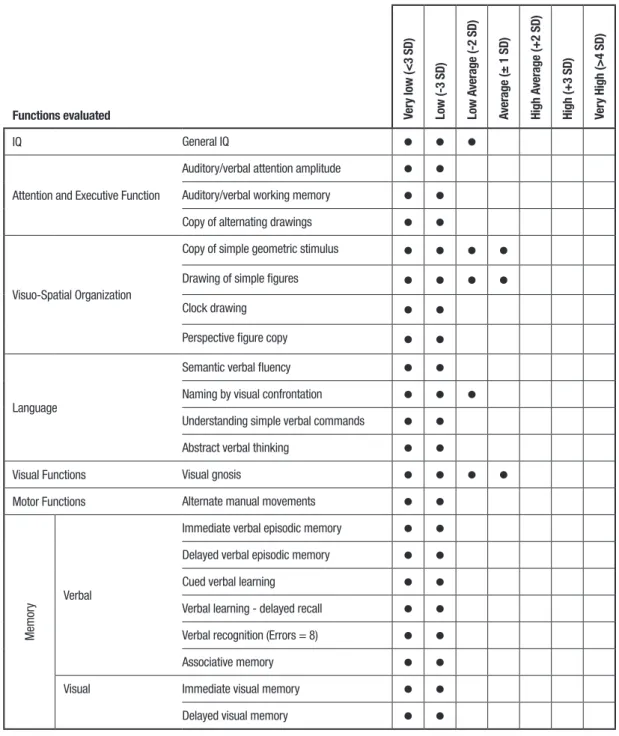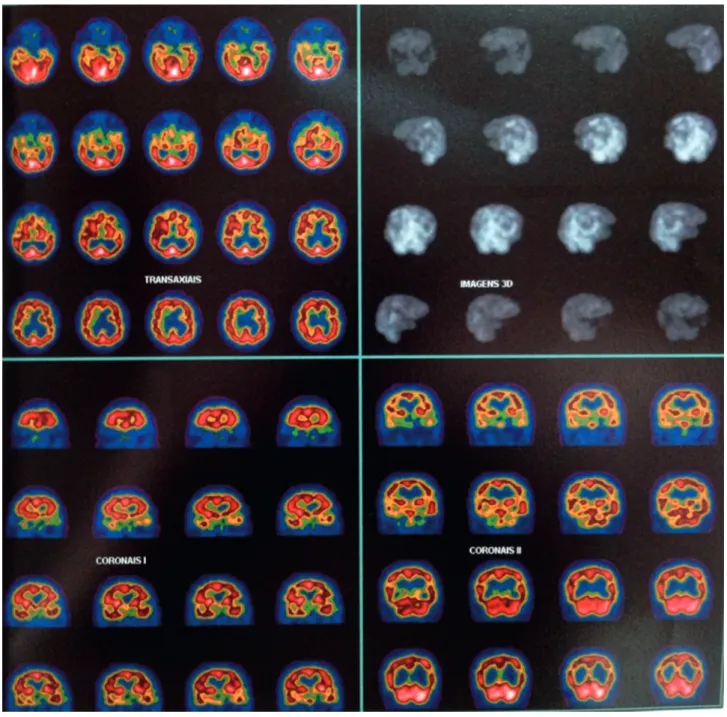Cognitive impairment in bipolar disorder neuroprogression or behavioral variant frontotemporal dementia?
Texto
Imagem


Documentos relacionados
Considering the paucity of information about late onset behavioral variant frontotemporal dementia and its challenging diagnosis, we present a case report of an 85-year-old woman with
One size does not it all: face emotion processing impairments in semantic dementia, behavioural-variant frontotemporal dementia and Alzheimer’s disease are mediated by
Kraepelin had described a cluster of symptoms that are now recognized as core manifestations of the behavioral variant frontotemporal dementia (bvFTD) clinical phenotype.. We
tion in sample of behavioural variant frontotemporal dementia (bvFTD) patients, who show the most signii- cant behavioural changes in the FTD spectrum, by (i) contrasting the pre-
Proportion of patients in each severity category for behavioral vari- ant frontotemporal dementia (bvFTD) and Alzheimer Disease (AD) according to Frontotemporal Dementia Rating
(FTLD) is the second most frequent cause of early-onset dementia, which includes three major clinical subtypes, namely behavioral variant frontotemporal dementia,
Behavioural-variant frontotemporal dementia (bvFTD) is characterised by insidious changes in personality and interpersonal conduct that reflect progressive disintegration of the
In this study we present a case report of a patient diagnosed with behavioral variant frontotemporal dementia diagnosis in her nineties during hospital admission for a